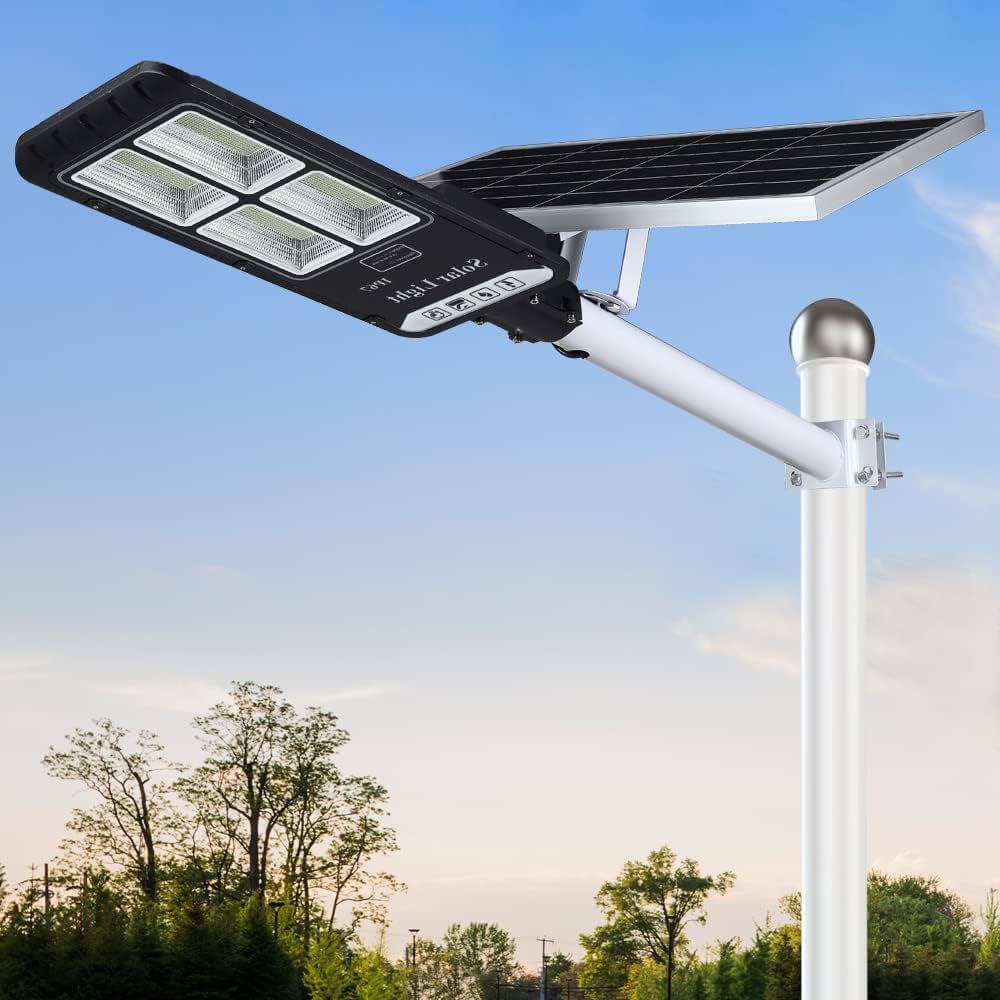Solar power is no longer a technology of the future—it is the heartbeat of today’s smart living. As global energy demands increase and sustainability becomes more urgent, solar power emerges as a versatile, reliable, and cost-effective solution. From smart homes to energy-efficient commercial buildings, the applications of solar power are transforming how we consume and conserve energy. At KP Smart Energy, we believe that integrating solar power into residential and commercial infrastructure is key to building a cleaner, greener, and more intelligent world.
In this article, we explore the smart applications of solar power across residential and commercial sectors, delve into the technologies that support these innovations, and demonstrate how solar solutions can enhance energy efficiency, reduce operational costs, and drive sustainable growth.
Understanding Solar Power: A Modern Energy Paradigm
Solar power harnesses energy from the sun using photovoltaic (PV) cells or solar thermal systems. This renewable energy source is abundant, clean, and increasingly affordable thanks to advances in technology and supportive government policies. Unlike fossil fuels, solar power does not emit greenhouse gases, making it a critical tool in the global fight against climate change.
How Solar Power Works
Solar panels absorb sunlight through PV cells and convert it into direct current (DC) electricity. An inverter then changes this DC into alternating current (AC), which is used to power homes and businesses. Excess electricity can be stored in batteries or fed into the grid, offering flexibility and energy independence.
Residential Applications of Solar Power
Smart Solar Panels for Homes
Modern homeowners are increasingly turning to solar power to reduce their utility bills and environmental footprint. Smart solar panels now come with monitoring capabilities, allowing users to track energy production and consumption in real-time through smartphone apps or web interfaces.
Solar-Powered Smart Homes
Solar energy integrates seamlessly with smart home technologies. Automated systems can optimize energy use by adjusting lighting, heating, and appliance operation based on solar output and household patterns. For example, during peak sun hours, a smart thermostat might cool the house using solar power, saving grid electricity for nighttime.
Solar Water Heaters
Solar thermal systems are used to heat water for domestic use. These systems significantly lower energy consumption in households by utilizing solar collectors on rooftops to heat water, which is then stored in insulated tanks.
Battery Storage Systems
Battery storage, like Tesla’s Powerwall, is revolutionizing how homeowners manage their solar energy. Stored solar power can be used at night or during power outages, ensuring energy continuity and reducing reliance on the grid.
Commercial Applications of Solar Power
Rooftop Solar Systems for Businesses
Many businesses are adopting rooftop solar installations to reduce overhead costs and achieve sustainability goals. Commercial buildings with large surface areas are ideal for high-capacity solar power systems that meet a significant portion of energy needs.
Solar Carports and EV Charging Stations
Smart solar carports not only provide shaded parking but also generate electricity. These can be coupled with electric vehicle (EV) charging stations, enabling businesses to support green transportation while utilizing solar power efficiently.
Solar-Powered HVAC Systems
Heating, ventilation, and air conditioning (HVAC) systems consume a large share of energy in commercial spaces. By powering HVAC units with solar energy, businesses can drastically cut electricity costs and lower their carbon footprint.
Integrated Energy Management Systems
Advanced energy management platforms allow businesses to monitor and optimize solar power usage. These systems analyze consumption patterns, forecast demand, and automate energy distribution, ensuring maximum efficiency and minimal waste.
Benefits of Solar Power for Residential and Commercial Use
Cost Savings and ROI
One of the most compelling reasons to adopt solar power is its economic benefit. While initial installation costs may seem high, solar energy systems quickly pay for themselves through monthly energy savings and government incentives like tax credits and rebates.
Energy Independence and Reliability
Solar power provides greater energy independence. With battery storage, users are less vulnerable to power outages, grid failures, and price fluctuations. This is especially valuable for critical operations in commercial settings.
Environmental Impact
Using solar power drastically reduces greenhouse gas emissions. Every kilowatt-hour (kWh) of solar energy offsets emissions from fossil-fuel-based electricity, contributing to cleaner air and a healthier planet.
Boosted Property Value
Properties with solar power systems tend to have higher market values. Buyers are increasingly interested in homes and buildings with energy-efficient features that reduce long-term operational costs.
KP Smart Energy: Empowering Your Solar Journey
At KP Smart Energy, we specialize in designing and installing high-performance solar power systems tailored to your specific needs. Whether you’re a homeowner aiming to cut down electricity bills or a business leader looking to meet green energy targets, our end-to-end solar solutions offer reliability, scalability, and smart integration.
Our Services Include:
- Residential and commercial solar panel installation
- Smart energy monitoring systems
- Battery storage and backup solutions
- Solar maintenance and optimization
- Government rebate and incentive consultation
Overcoming Challenges in Solar Adoption
Despite its benefits, the transition to solar power does come with some challenges. Upfront costs, regulatory hurdles, and the need for space and sunlight availability can be barriers. However, these are increasingly addressed by technological advancements and flexible financing options.
Financing Options
From solar loans and leases to power purchase agreements (PPAs), multiple financing models are available to make solar power accessible without heavy upfront investment.
Grid Integration and Net Metering
Grid-tied solar systems enable users to send excess electricity back to the grid in exchange for credits—a process known as net metering. This helps stabilize the grid and allows users to benefit financially from surplus solar generation.
The Future of Solar Power Is Smart
As technology continues to evolve, the future of solar power is not just about generating electricity—it’s about making energy smarter. Artificial intelligence, machine learning, and IoT integration are turning solar systems into intelligent ecosystems that can predict usage patterns, adjust performance dynamically, and maximize efficiency with minimal human intervention.
Smart cities of the future will rely heavily on solar power. Urban planning now incorporates solar-integrated buildings, smart grids, and sustainable infrastructure. The shift is not optional—it’s inevitable. And by investing in solar power today, you’re building a foundation for long-term success, resilience, and sustainability.
Conclusion
Solar power is more than an energy solution—it is a transformation tool for modern living. Whether applied to homes or commercial facilities, the smart use of solar energy brings environmental, financial, and technological benefits that far outweigh traditional power sources. From reducing utility bills and achieving sustainability goals to enhancing property value and energy independence, solar power is the cornerstone of a smarter, cleaner future. At KP Smart Energy, we’re committed to helping you make this transition with confidence. By offering innovative, reliable, and smart solar solutions, we empower homeowners and businesses alike to lead the charge toward a more sustainable tomorrow. Now is the time to embrace solar power—not just as an energy alternative, but as a smarter way of living.



